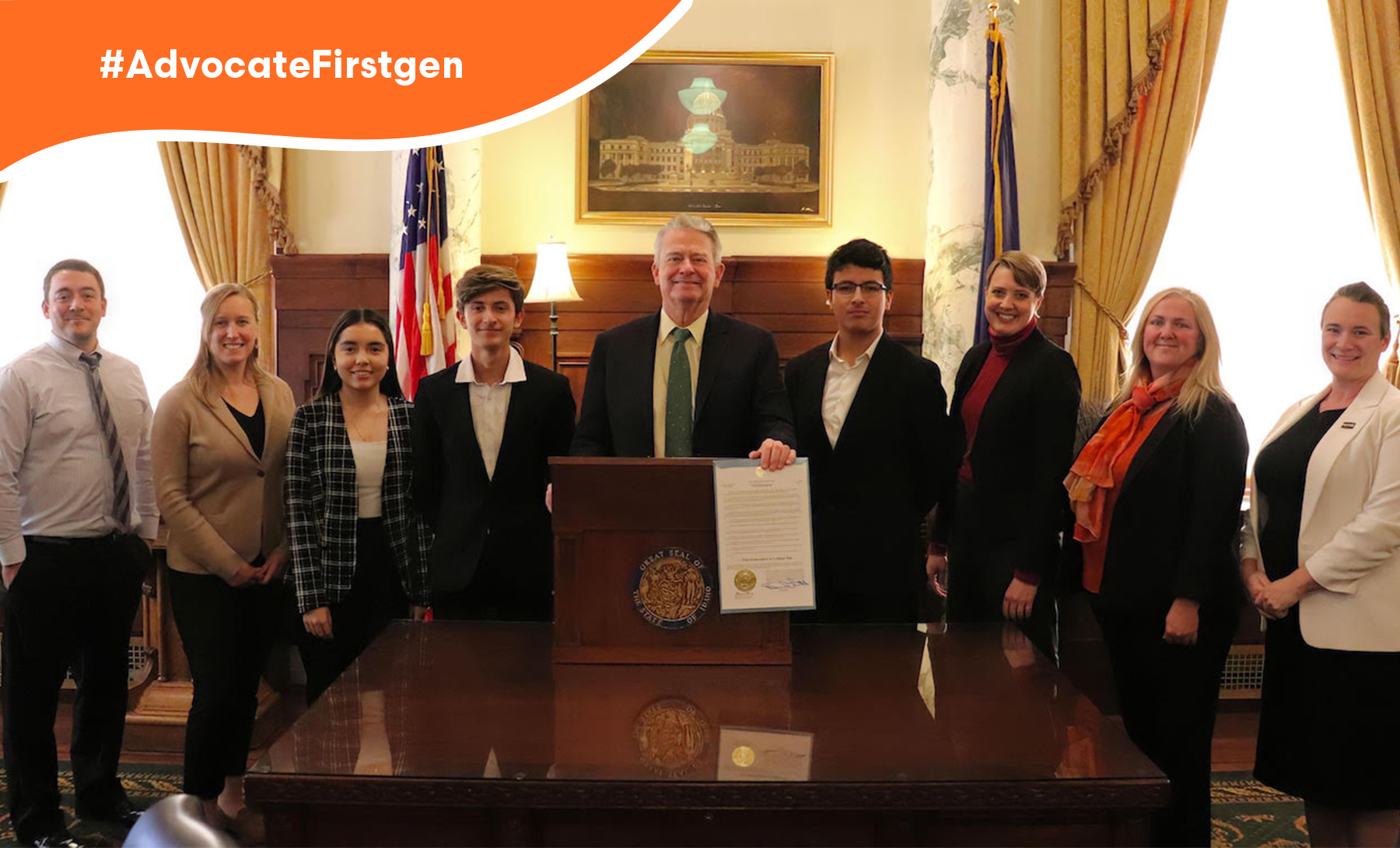In times of shifting governmental policies and heightened scrutiny on higher education, clarity is more important than ever. Recent federal directives and interpretations have sparked uncertainty for institutions committed to supporting first-generation students. The July 29 memo issued by the Office of the Attorney General is one such example, raising questions about what is permissible and what remains unchanged in first-generation-focused work.
At FirstGen Forward, we know this: supporting first-generation students is essential.
What the Memo Says and What it Doesn’t
The memo cautions against using “demographic-driven criteria” that could be interpreted as designed to influence racial or gender representation indirectly. It specifically calls out examples such as scholarships or programs targeting underserved geographic areas or first-generation students if the underlying intent is to affect demographic outcomes.
But here’s the critical point: this non-binding guidance does not prohibit programming, services, or support for first-generation students. When these efforts are grounded in institutional mission, student success, financial need, or academic achievement, they remain lawful and appropriate.
First-generation students face unique challenges—financial, social, and academic—that have long been documented. Targeted support helps to ensure their continued success in higher education.
Seeking Answers Amidst Misguidance
Education Counsel’s recent report, Misguidance, underscores the problem of ambiguity in these federal directives:
“Because DOJ fails to clearly define and illustrate the ‘can do’ and the ‘can’t do’ activities in these and several other examples, the guidance runs the risk of chilling otherwise lawful practices… Legitimate race-neutral criteria such as ‘socioeconomic status, first-generation status, or geographic diversity’ are presented in ‘best practices’ as things to avoid, but they can be (and often are) used lawfully. Distinguishing lawful from unlawful depends on the authenticity of the race-neutral priority and the design of the policy or practice.”
This lack of clarity can create fear, hesitation, and even the scaling back of lawful, impactful practices. That’s why we encourage institutions not to pull back, but instead to seek clarity, ask questions, and lean on the expertise of legal counsel and advocacy partners.
Moving Forward Together
FirstGen Forward’s message to institutions, advocates, and allies is simple: do not let confusion deter you from your mission. First-generation student success is a cornerstone of higher education. Your programs, rooted in access and support for first-generation students, continue to be essential.
At FirstGen Forward, we will continue to:
- Monitor new directives and provide timely updates,
- Advocate for clarity and protection of first-generation initiatives, and
- Support you as you design, refine, and sustain programming that advances student success.
In moments of uncertainty, leadership is about holding steady. Together, we can move through confusion with clarity, confidence, and an unwavering commitment to first-generation students.


